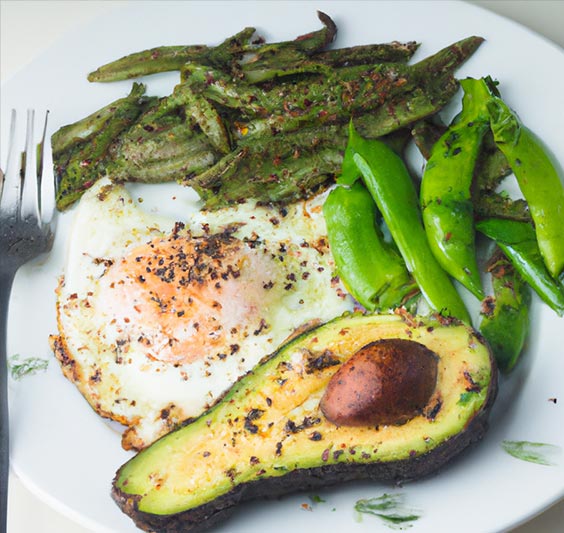In recent years, the Paleo diet has gained significant popularity among athletes and fitness enthusiasts looking to optimize their performance and overall health. Inspired by the eating habits of our ancient ancestors, the Paleo diet focuses on consuming whole, unprocessed foods that are believed to promote better physical performance, enhance recovery, and improve overall well-being. In this blog post, we will explore how adopting a Paleo lifestyle can benefit athletes and unlock their true athletic potential.
Fueling the Body with Nutrient-Dense Foods:
The foundation of the Paleo diet lies in consuming nutrient-dense, natural foods that provide a wide range of essential vitamins, minerals, and macronutrients. Athletes can benefit from consuming lean meats, fish, eggs, vegetables, fruits, nuts, and seeds. These foods are rich in quality protein, healthy fats, complex carbohydrates, and antioxidants, which can support muscle growth, enhance endurance, and improve overall recovery.
Optimizing Energy Levels and Endurance:
By eliminating processed foods, refined sugars, and grains, the Paleo diet helps stabilize blood sugar levels and prevents energy crashes often experienced after consuming high-glycemic foods. The diet promotes a sustained release of energy, allowing athletes to maintain endurance and perform at their best for extended periods. Emphasizing healthy fats such as avocados, coconut oil, and nuts can also provide a long-lasting energy source.
Reducing Inflammation and Promoting Recovery:
Inflammation is a common enemy for athletes, often leading to prolonged recovery times and increased risk of injuries. The Paleo diet’s emphasis on whole foods can help reduce inflammation in the body due to its high content of omega-3 fatty acids, antioxidants, and phytonutrients. By minimizing processed oils, artificial additives, and preservatives, athletes can support their body’s natural healing processes and optimize recovery.
Supporting Lean Muscle Mass and Strength:
Athletes looking to build and maintain lean muscle mass can benefit from the Paleo diet’s emphasis on quality protein sources. Grass-fed meats, wild-caught fish, and free-range poultry are rich in essential amino acids, promoting muscle repair and growth. Additionally, consuming an abundance of vegetables and fruits provides a wide array of micronutrients necessary for optimal muscle function.
Enhancing Mental Clarity and Focus:
A well-nourished brain is vital for peak athletic performance. The Paleo diet promotes brain health through the consumption of omega-3 fatty acids found in fatty fish and nuts. These healthy fats have been linked to improved cognitive function, memory, and focus. By eliminating processed foods and artificial additives, athletes can also maintain stable moods and minimize mental fog.
The Paleo diet offers athletes a nutritionally dense and sustainable approach to fueling their bodies, supporting optimal performance, and promoting overall health. By prioritizing whole, unprocessed foods and eliminating potentially inflammatory ingredients, athletes can tap into their inner caveman or cavewoman and unlock their true athletic potential. However, it’s important to note that individual needs may vary, and consulting with a nutrition professional is always advisable before making significant dietary changes. So, whether you’re a seasoned athlete or just starting your fitness journey, consider adopting the Paleo lifestyle and unleash the primal power within you.


